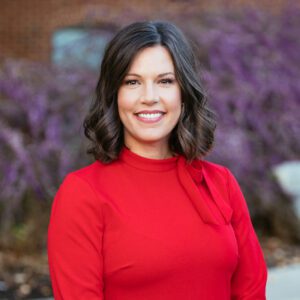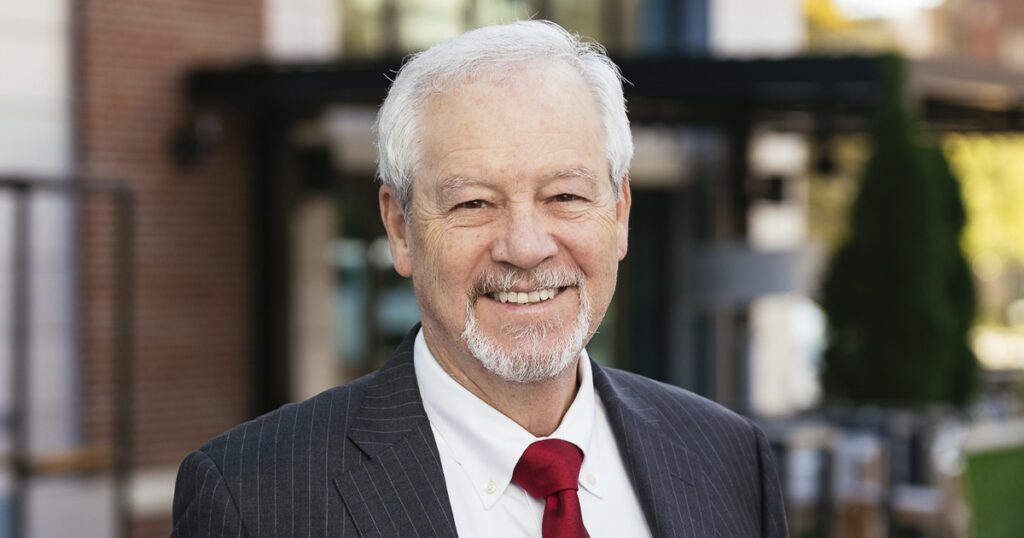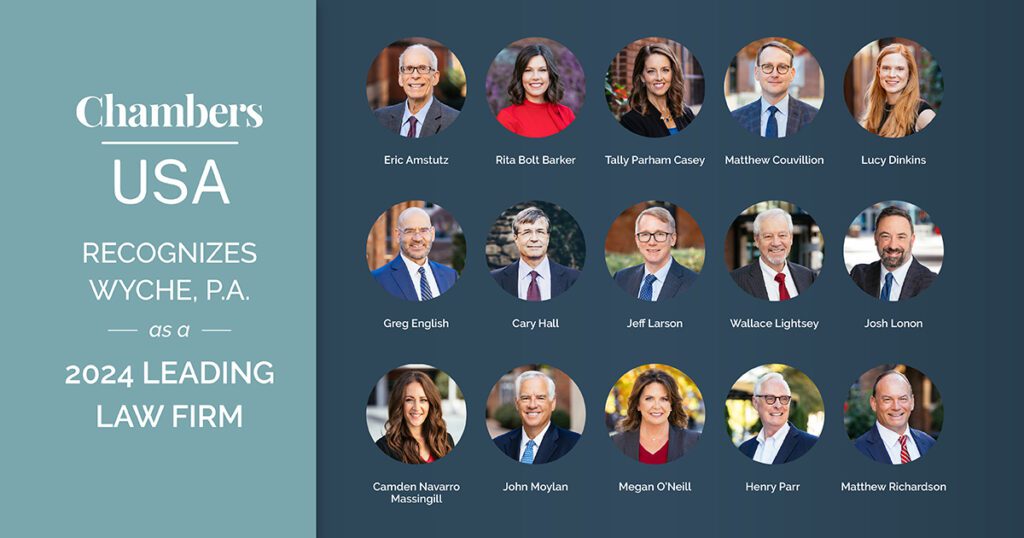nterview with Rita Bolt Barker
As heard on “South Carolina Business Review” with Mike Switzer
Broadcast July 18, 2008
What is a brownfield?
Brownfields are real property, the expansion, redevelopment, or reuse of which may be complicated by the presence or potential presence of a hazardous substance, pollutant, or contaminant. The EPA estimates that there are more than 450,000 brownfields in the United States. Some common examples of brownfields are abandoned industrial property or commercial buildings, former service stations or old railroads.
Why would I want to redevelop a brownfield?
There are many reasons to consider redeveloping a brownfield. First, reinvesting in these properties alleviates some development pressure on undeveloped, open land and protects the environment. Additionally, property owners that clean up and reuse brownfield properties may benefit directly by avoiding potential environmental enforcement actions by regulatory agencies that could impose penalties and costly cleanups, receiving tax benefits, minimizing potential liabilities, creating good will within the community, and increasing the value and marketability of a property.
What steps do I take if I want to redevelop a brownfield?
In South Carolina, the Department of Health and Environmental Control, also known as DHEC, manages the Brownfields/Voluntary Cleanup Program. Parties enter into brownfield contracts, which are called voluntary cleanup contracts.
Under this program, DHEC differentiates between responsible parties and non-responsible parties. Responsible parties are, as the name might indicate, parties that have some level of responsibility for existing contamination. Typically, they owned the property when the contamination occurred or their actions resulted in contamination. Non-responsible parties do not share the same level of responsibility for existing contamination. They are usually subsequent purchasers of contaminated property. DHEC allows both responsible parties and non-responsible parties to enter into the brownfields program but generally offers additional liability protection and incentives to non-responsible parties.
Once a party has determined that it desires to execute a voluntary cleanup contract, it notifies DHEC. DHEC has model contracts, which typically serve as the starting point for negotiations. In connection with the contract, DHEC and the contracting party will also develop a work plan that will guide cleanup efforts. DHEC provides the public an opportunity to comment on voluntary cleanup contracts.
How clean must a brownfield be to be considered remediated?
The extent of cleanup can vary considerably depending on the type, amount and area of contamination, and the cleanup standards applied by the regulatory agency. A primary factor in determining the appropriate cleanup level is the future use of the property. For example, if a site will be used for industrial purposes, the cleanup standards may be less stringent than if the property were to be used for residential purposes, because the level of potential exposure to the contaminants will be lower.
Are funds available to assist a party with the redevelopment of a brownfield?
Yes. In South Carolina, the Brownfields Cleanup Revolving Loan Fund offers non-responsible parties performing cleanups under DHEC’s supervision the opportunity to apply for funds.
Can a brownfields agreement be transferred if the property is sold or leased?
Yes. DHEC’s model contracts state that the terms and conditions of the voluntary cleanup contracts apply to and inure to the benefit of each party’s successors, assigns, and subsidiaries. Upon a transfer, the party to the brownfields contract should simply notify DHEC.
The above is provided by Wyche for educational and informational purposes only and is not intended and should not be construed as legal advice. We will be pleased to discuss with you in more detail the application of any of the topics covered above to your circumstances. Please contact our firm for more information.






